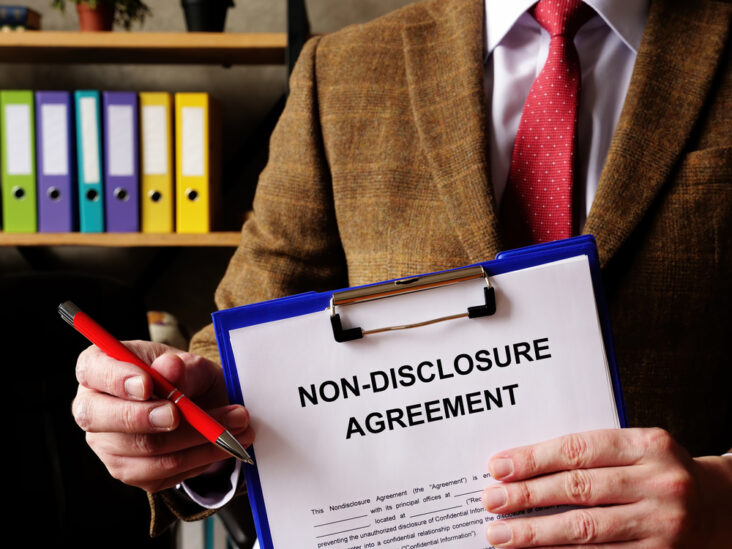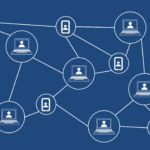A non-disclosure agreement is a contract that protects both parties in the case that one of them discloses confidential information to the other party. This type of agreement can prevent this from happening by allowing each party to keep certain information confidential.
What Is a Non-Disclosure Agreement in Business?
A non-disclosure agreement (NDA) is a legally binding contract between two or more parties in which one party agrees not to disclose certain confidential information to the other party. NDAs are common in business settings, where sensitive information about company operations or finances may be protected by the confidentiality clause.
An NDA can be beneficial for both parties involved. The party that signs the NDA may benefit from increased trust and confidence with their counterpart, as well as less potential for conflict or misunderstanding. Conversely, the party that receives confidential information under an NDA may feel more secure knowing that they will not have to worry about it being leaked out prematurely.

There are a few things to keep in mind when drafting and executing an NDA: first and foremost, both parties must agree to the terms of the agreement before anything is filed. Second, make sure to specify what information is covered by the NDA, and be clear about who is allowed to access it. Finally, be sure to have a solid legal basis for enforcing the NDA if necessary.
Necessity of Non-Disclosures in Business
A non-disclosure agreement (NDA) is a contract between two parties in business whereby one party agrees not to disclose information to the other party. NDAs are often used when confidential information is involved, or when one party needs assurance that the information will not be disclosed to third parties.
NDAs can be quite important in business, as they can help protect both sides from potential lawsuits or embarrassment. They can also help prevent competitors from learning of valuable secrets. However, while NDAs are often seen as helpful tools, they should only be used if both parties feel that the information being kept secret is truly valuable and sensitive. If either party feels that the information is not worth protecting, an NDA may not be the best option for them.
When should an NDA Be Signed?
There are a lot of reasons why an NDAs might be necessary in business. Sometimes, sensitive information needs to stay between the company and its employees in order to protect trade secrets or confidential information. Other times, an NDA can be used to keep relationships confidential between business partners.
But even if there’s no specific reason for an NDA, sometimes it’s just a good idea to get one signed by everyone involved in a business deal.
Here are some guidelines for when an NDA should be signed:
- If the information being protected is highly confidential or trade secrets, then the agreement should be signed as soon as possible.
- If there is any potential for litigation or another conflict of interest, then an NDA should be formed immediately.
- If the parties have a preexisting relationship that could be impacted by the disclosure of information, then an NDA should be signed before anything is shared.
- Whenever possible, it’s always best to have all parties sign an NDA so that there are no doubts about what can and cannot be discussed during negotiations or while working on a project together.
Conclusion
A non-disclosure agreement, or NDA, is a binding contract that businesses use to keep confidential information secret. NDAs can be used in a variety of business settings, including between employees and their employers, partners and clients, suppliers and customers, and members of the same family. By protecting this information with an NDA, both sides can benefit from keeping the information confidential.








GIPHY App Key not set. Please check settings